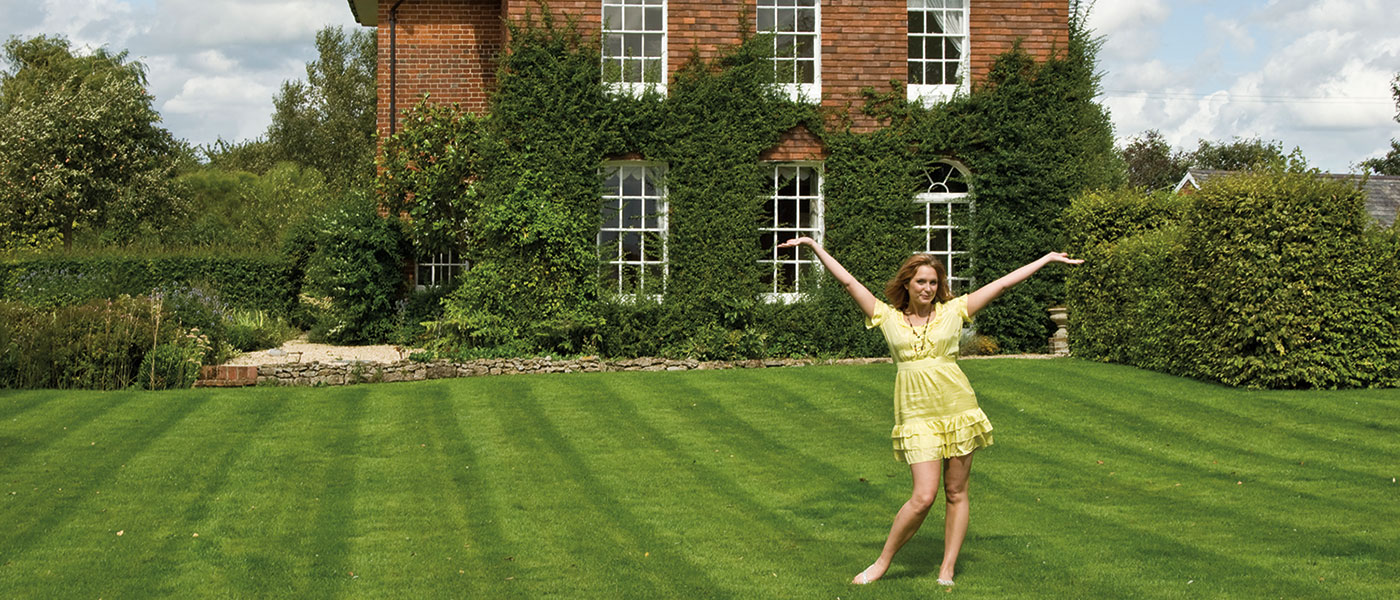
The Pentera Blog
More Women Than Men Lead High-Net-Worth Households
For the first time ever, a higher percentage of women than men lead high-net-worth households, according to data just released by the U.S. Census Bureau. This bodes well for planned giving because high-net-worth women are especially likely to make planned gifts, according to several other studies.
The Census Bureau on June 1 of this year released its Wealth and Asset Ownership data for the year 2013, showing that 9.2 percent of female-led households had net worth in the highest category of $500,000 or more—a huge 46 percent increase from just three years earlier. The report shows that a slightly lower percentage of male-led households—9.1 percent—had a net worth of $500,000 or more in 2013. Female-led households also slightly surpassed male-led households in the next lower category for net worth ($250,000 to $499,999).
Because there are many more female-led households, the slight percentage advantage translates into a large lead in the actual number of households in the highest category for net worth: 3.4 million female-led households to 2.3 million male-led households.
Female-led households are those in which the owner or leaser of the home is an unmarried female (married couples are a separate category). The Census Bureau has been tracking net worth for decades and has records by gender going back to 1991, when the percentage of male-led households with a net worth of half a million or more was almost twice the percentage of female-led households.
The new data is one indication that American women are narrowing the gender wealth gap. However, the study also found that the median net worth of all male-led households is about 20 percent higher than all female-led households, mainly because there are many more poor households led by females (with net worth from a negative number up to $5,000).
Other studies have shown that high-net-worth women are more likely than high-net-worth men to give to charity and that women are more likely than men to leave charitable bequests in their wills—with wealthy widowed women the most likely of all to make planned gifts.


